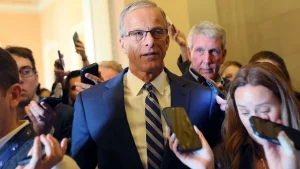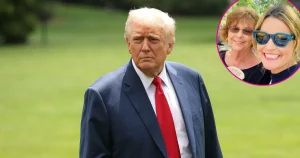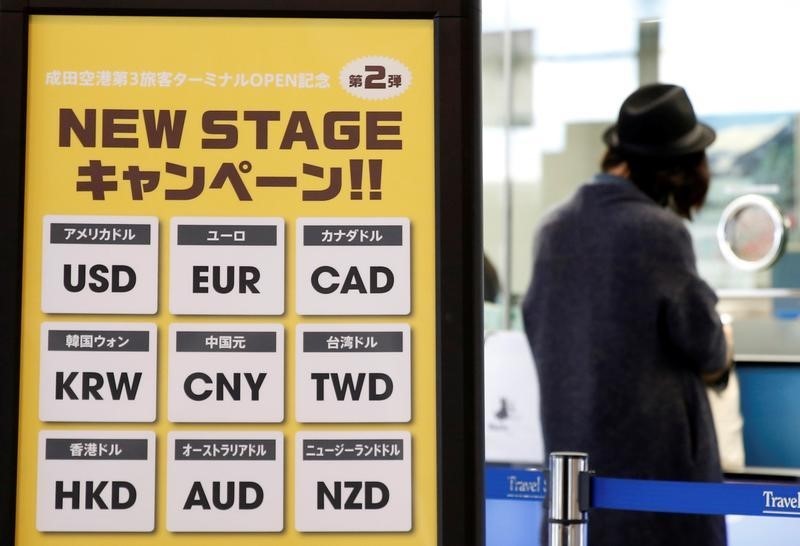Iran Signals 2025 as Pivotal Year for Nuclear Program Amidst Looming US Sanctions and Economic Uncertainty
Tehran, Iran – Iran has sent a cryptic message to the world, highlighting 2025 as a significant year for its nuclear program, while simultaneously grappling with a plummeting currency and escalating economic anxieties in anticipation of the re-imposition of stringent US sanctions under the incoming Trump administration. Foreign Minister Abbas Araqchi, speaking in Beijing following discussions with his Chinese counterpart, declared 2025 as a "key year" concerning Iran’s nuclear activities, though he refrained from elaborating on the specific implications of this timeframe. This pronouncement comes as Iran braces for a potential resurgence of Trump’s "maximum pressure" campaign, which previously crippled the Iranian economy and heightened regional tensions.
The 2015 nuclear deal, officially known as the Joint Comprehensive Plan of Action (JCPOA), brokered by the Obama administration, offered Iran sanctions relief in exchange for limitations on its nuclear enrichment program. However, Trump unilaterally withdrew from the agreement in 2018, reimposing sanctions and further isolating Iran from the global economy. Araqchi’s statement regarding 2025 has sparked speculation and raised questions about Iran’s long-term nuclear ambitions, particularly given the uncertainty surrounding Trump’s return to the presidency and his hawkish stance on Iran. One prevailing theory centers around the sunset clauses embedded within the JCPOA, which gradually lift restrictions on Iran’s nuclear activities over time. While the entirety of the agreement is not set to expire until 2030, certain limitations on uranium enrichment, research and development, and the size of Iran’s enriched uranium stockpile are slated to ease progressively, with some expiring in 2025. Therefore, 2025 could represent a turning point where Iran regains greater autonomy in its nuclear pursuits.
Furthermore, recent reports suggest that some within the Trump administration and Israeli Prime Minister Benjamin Netanyahu may seize the remaining time before 2025 to disrupt Iran’s progress through aggressive means. Some experts worry Trump might support Netanyahu in taking military action against Iran’s nuclear facilities should diplomatic efforts to curb Tehran’s nuclear advancements falter.
Adding to the growing unease is the rapidly deteriorating value of the Iranian rial, which plummeted to a historic low against the US dollar. On Saturday, the rial plunged to 820,500 to the dollar on the unofficial market, according to Bonbast.com, a website that tracks exchange rates. This represents a significant depreciation from the previous day’s rate of 808,500 rials, illustrating the profound impact of anticipated US sanctions and the broader economic uncertainty gripping the nation. Iranians, already burdened by an official inflation rate of approximately 35%, are desperately seeking refuge for their savings, further driving up demand for dollars, precious metals like gold, and cryptocurrencies. The rial has experienced an alarming 18% decline since Trump’s election victory in November, reflecting the market’s anticipation of tougher economic conditions under his leadership.
The potential resurgence of "maximum pressure" raises several crucial questions. Will the Trump administration fully reinstate the sanctions lifted under the JCPOA, or will it pursue a modified approach? How will Iran respond to renewed economic pressure, and will it escalate its nuclear activities in defiance? Will other signatories to the JCPOA, such as China, Russia, and European nations, attempt to salvage the agreement or acquiesce to US demands? The answers to these questions will significantly impact the trajectory of US-Iran relations, regional stability, and the future of the global non-proliferation regime.
As 2025 approaches, Iran’s nuclear program will undoubtedly remain a focal point of international attention. The convergence of expiring restrictions under the JCPOA, the uncertain political landscape in both the US and Iran, and the looming specter of renewed sanctions create a volatile mix that demands careful management and diplomatic engagement to prevent further escalation. The international community must work collectively to mitigate the risks of miscalculation and promote a peaceful resolution to the Iranian nuclear issue.
The coming months and years will be critical in determining the future of Iran’s nuclear program and its relationship with the international community. As the world awaits further clarification from Tehran regarding the significance of 2025, the importance of sustained dialogue and diplomatic efforts cannot be overstated. The re-imposition of sanctions and the potential for military action carries significant risks, underscoring the need for a comprehensive and nuanced approach that prioritizes de-escalation, communication, and the pursuit of a mutually acceptable resolution. The future stability of the Middle East and the global non-proliferation regime hangs in the balance.






